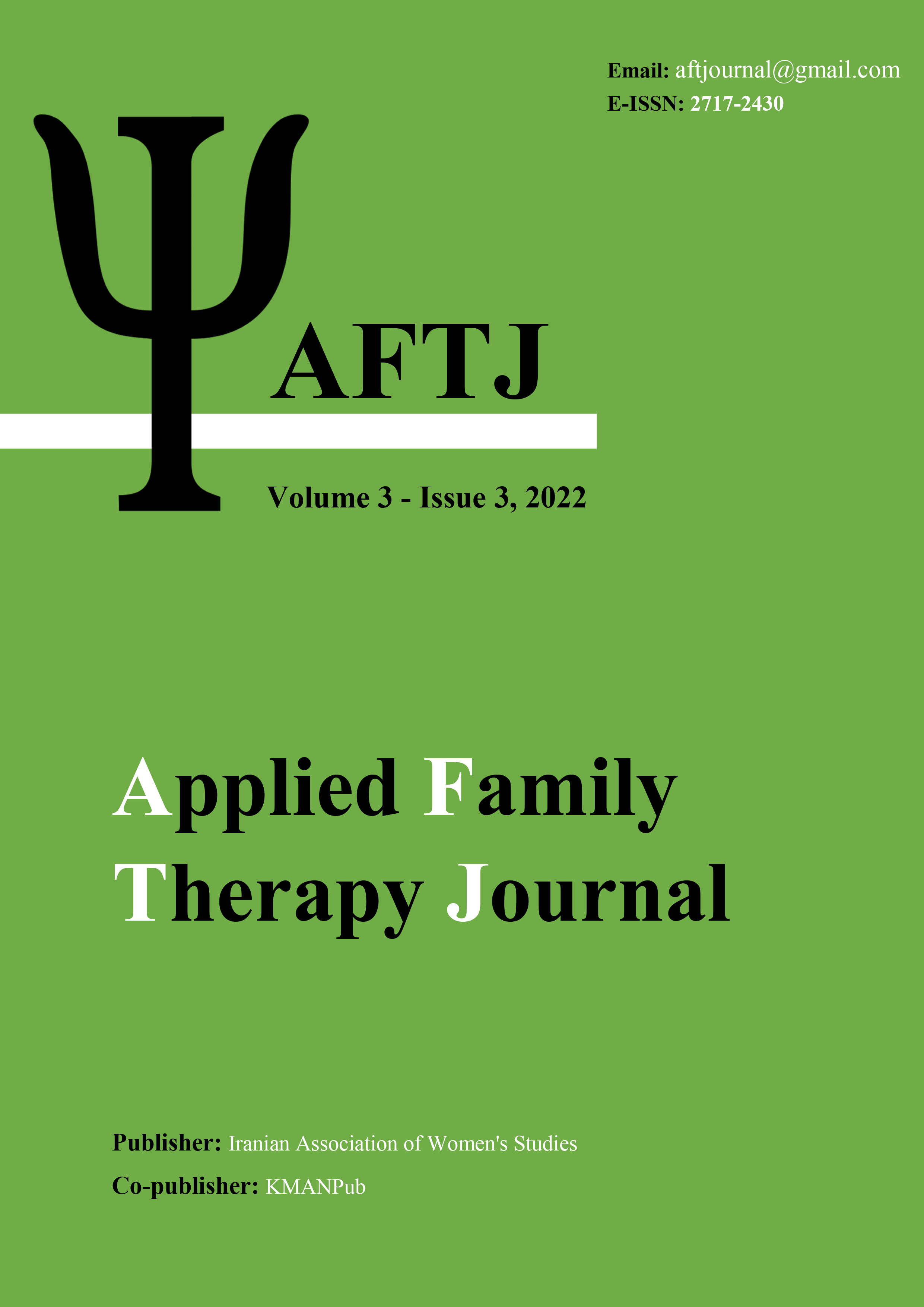Comparing the effectiveness of cognitive-behavioral therapy and treatment focused on compassion therapy on the resilience of women on the verge of divorce
Keywords:
Cognitive-Behavioral Therapy, Compassionate Therapy, Resilience, Women.Abstract
Aim: The aim of this study was to determine the effectiveness of cognitive-behavioral therapy and treatment focused on compassion therapy on the resilience of women on the verge of divorce referred to social emergency centers in Tehran. Methods: This was a quasi-experimental applied study with a pretest-posttest design with a control group and quarterly follow-up. The method of purposeful and random sampling from the statistical population was all women on the verge of divorce referring to social emergency centers in Tehran in the spring and summer of 2021. 45 women were assigned to two groups of 15 experiments and 15 groups of controls. Compassion-focused therapy was based on Gilbert and Neff (2007) treatment protocol and cognitive-behavioral therapy session program based on Wildermott (2008) treatment protocol was performed in 8 sessions of 90 minutes. The group had no control therapy. The research instrument was Conner and Davidson (1983) Resilience Questionnaire. Data were analyzed by repeated measures analysis of variance and SPSS-26 software. Results: The results showed that cognitive-behavioral therapy and treatment focused on compassion therapy were effective in increasing resilience (F = 77.93, P = 0.0005) of women on the verge of divorce. Compassion-focused therapy is also more effective than cognitive-behavioral therapy. Conclusion: It can be concluded that both cognitive-behavioral therapy and treatment focused on compassion therapy were effective in increasing women's resilience on the verge of divorce and both approaches can be used to improve women's resilience on the verge of divorce.
Downloads
Downloads
Published
Issue
Section
License

This work is licensed under a Creative Commons Attribution-NonCommercial 4.0 International License.





















